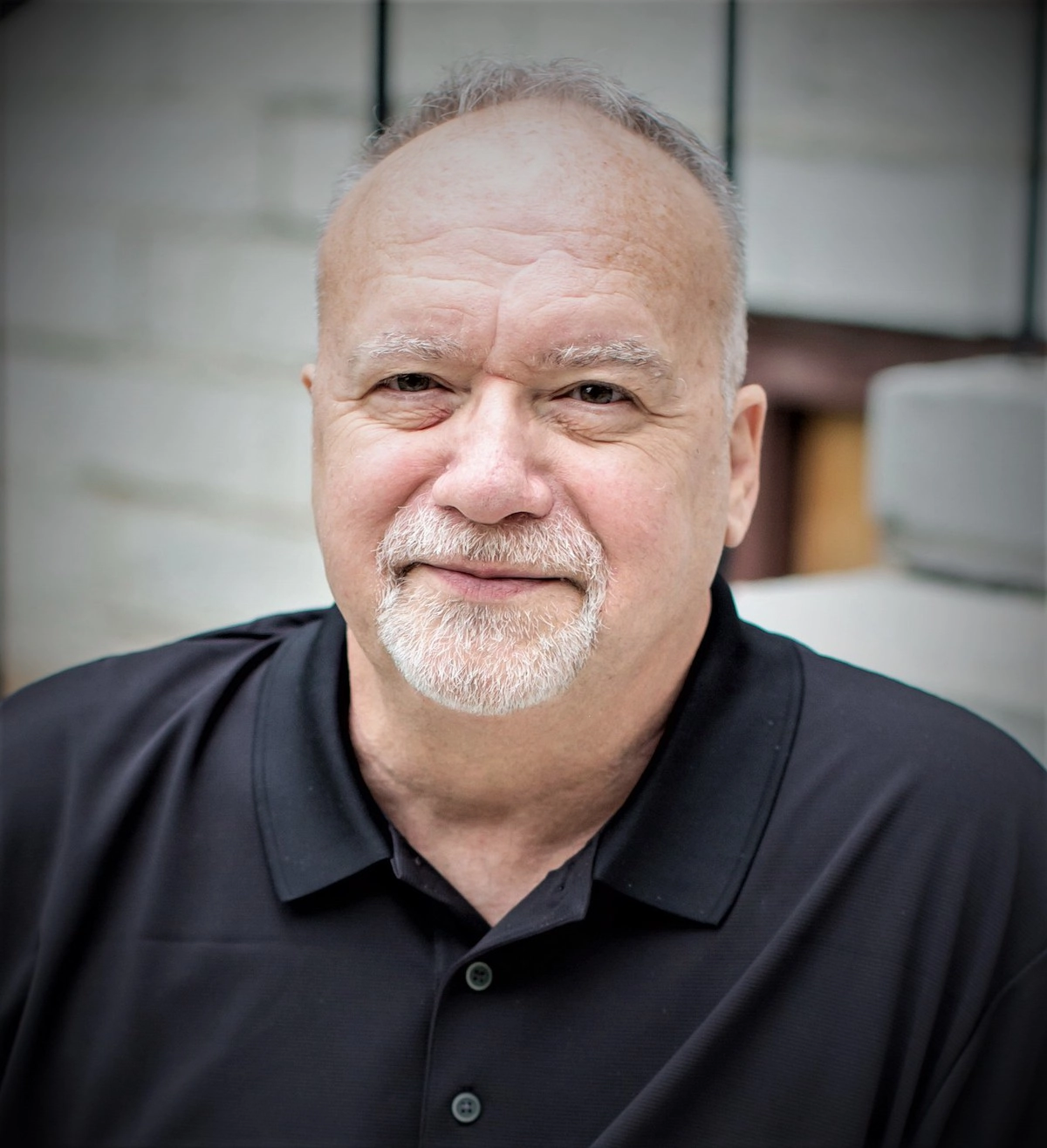Even though the VA Mission Act was signed on June 6, 2018 and updated in 2019, many do not know that veterans may be eligible for care through a local civilian health care provider.
The formal name of the Mission Act is the VA Maintaining Systems and Strengthening Integrated Outside Networks Act. The act improved access to VA healthcare and addresses in-network (in the VA network) and non-VA healthcare issues, veterans’ homes, prescription drug procedures, modernizing VA information technology, and much more.
The Act also provided a new Urgent Care benefit and replaced the old Veterans Choice Program with an improved Community Care (CC) Program. Read more about the Mission Act at: https://www.va.gov/COMMUNITYCARE/docs/pubfiles/factsheets/MISSION_Act_Information_Sheet.pdf or https://www.congress.gov/bill/115th-congress/senate-bill/2372/text.
It is important to note that, in most cases, veterans must get VA approval before receiving care from a community (civilian) provider to avoid being billed for the service.
The VA Mission Act and the VA’s improved Community Care Program gives veterans better access and greater choice to VA or a community medical care provider. To be eligible for community care (healthcare) veterans:
Must receive approval from the VA prior to obtaining care, in most cases.
Must either be enrolled in VA health care or be eligible for VA care without needing to enroll.
Will usually have the option to receive care at a VA medical facility no matter what their eligibility for community care.
Should understand that eligibility for CC is dependent upon the veteran’s individual health care needs and circumstances.
Must understand that VA staff members, primarily the attending VA Physician, Physician’s Assistant (PA), or Nurse Practitioner (NP) and other supporting staff generally make all eligibility determinations.
Must meet one of six eligibility requirements.
Community Care eligibility criteria include:
- The veteran needs a service not available at a VA medical facility.
- The veteran lives in a U.S. state or territory without a full-service VA medical facility.
- The veteran qualifies under the “Grandfather” provision for distance under the old Veterans Choice Program.
- The VA cannot furnish care meeting certain standards.
- Situations where Community Care is in the veteran’s best medical interest.
- Situations where a VA Medical Service does not meet quality standards.
The VA CC Program provides health care to eligible veterans through local, in-network providers outside of VA facilities.
The general process for a veteran to request and obtain non-VA health care through the Community Care Program includes the following 9 steps:
- CONSULT. Obtain a consult from your VA doctor referring you to a VA community provider. Do not schedule appointment until VA approves.
- SCHEDULE. Once you have the approved consult information, schedule your appointment (or have the VA schedule your appointment). You must schedule your appointment within 14 business days of approval or you will have to request a new consult.
- AUTHORIZATION LETTER. After your appointment is scheduled, your authorization letter is created and sent to you. Make sure you bring your authorization letter with you to your appointment.
- ATTEND APPOINTMENT. Attend your community care appointment. The VA will send your relevant medical records to the civilian doctor you are approved to see. The Veteran is responsible for their VA copayment amount. Call 866-400-1238 if you have questions about copayment.
- SCHEDULING ADDITIONAL APPOINTMENTS. If you are authorized for ongoing care from the VA CC provider, you can schedule recurring appointments directly with the provider’s office. Keep track of how many appointments you attend and when they were authorized.
- REAUTHORIZATION. If you require care beyond the limits of your VA authorization, you need to be re-authorized.
- PRESCRIPTIONS. You may fill a prescription for a 14-day or fewer supply written by your CC provider at: A VA pharmacy, an in-network pharmacy with no out-of-pocket payment at the pharmacy, or at an out-of-network pharmacy but you must pay at the pharmacy and submit a reimbursement claim to your local VA medical facility. For prescriptions that exceed 14-Day supply limit or are not urgently needed, the community provider must send the prescription to a local VA Pharmacy. To find an in-network pharmacy go to www.va.gov/find-locations, select Facility Type: Community pharmacies.
- DURABLE MEDICAL EQUIPMENT (DME). If an immediate need for DME, orthodontics, or prosthetic items may be provided by your community provider and submit a bill to the Third-Party Administrator. For routine DME, orthodontics, or prosthetic items, the veteran must return to his/her local VA medical facility for a consult at the Prosthetics and Sensory Aids Service (PSAS) unit.
- RECEIVE and PAY YOUR BILL. Depending on your disability rating and private insurance, including Medicare and Medicaid, you may receive a bill from the VA for your services received. If you owe a co-pay, send your payment to VA, at the address on your bill. You should never pay a community provider directly. For more information about veteran health benefit copayments, visit www.va.gov/health-care/pay-copay-bill . If you have more questions about your VA bill, call 866-400-1238.
All VA copayments are billed as part of the VA’s normal billing process. The VA may also bill a veteran’s health insurance for care for non-service-connected conditions. More information on copayments, health insurance, billing and payments, and financial hardship is available at:
Copayments – https://www.va.gov/COMMUNITYCARE/revenue_ops/copays.asp.
Health Insurance – https://www.va.gov/COMMUNITYCARE/programs/veterans/Health_Insurance.asp.
Billing/Making Payments – https://www.va.gov/COMMUNITYCARE/revenue_ops/billing.asp.
Financial Hardship – https://www.va.gov/COMMUNITYCARE/revenue_ops/Financial_Harship.asp.
In some cases, for specific VA medical facilities, veterans can provide their appointment preferences (such as the specific provider, location, date and time of day) to a Third-Party Administrator (TPA). Based on the veterans’ preferences and the provider’s availability, the TPA will work to schedule the appointment.
Veterans may be eligible for travel cost reimbursement for travel to a CC Civilian Provider through the VA’s beneficiary travel program and should contact their local VA medical facility to learn about this travel benefit. Learn more about the travel program at https://www.va.gov/health-care/get-reimbursed-for-travel-pay/.
Read about CC at https://www.va.gov/communitycare/ where the VA provides an overview of CC and resources for veterans, dependents, caregivers, providers, payers, and more. This site will also lead you to explanations of types of VA Care including Urgent Care, Emergency Care, Foreign Medical Care, Home Health and Hospice Care, Indian Health Service, In-Vitro Fertilization, State Veterans’ Homes, and Immunizations.
The VA’s Community Care website also answers questions about cost and billing, including copayments, billing, financial hardship, health insurance, and much more.
Veterans can find a civilian health care provider that is in the VA’s Community Care Network at https://www.va.gov/find-locations/. The VA National Community Care Contact Center phone number is 877-881-7618 and this is perhaps the best place to go to can find all about the VA’s Community Care Program. When you dial 877-881-7618, you will be given six options to choose from including: General Information; Claims and Billing, Collections and Adverse Credit Reporting; Appointments, Referrals, 72 Hour Reporting of Emergency Care, and Care Coordination; and Hardship Eligibility Veterans Assistance. This reporter called the 877-881-7618 number and had no wait time and talked with a CC expert.
It is important to note that a veterans social worker is an expert in Community Care. Every veteran in the Lowcountry of S.C. and Ga., should read about VA Social Work at the VA Health Administration website at https://www.socialwork.va.gov/about.asp.
Veterans can and should find out who their assigned Social Worker is by asking their Primary Care Physician or Nurse or by calling the RHJVAHCS Social Work phone number 843-789-7635, which is in the RHJVAHCS online phone directory at https://www. charleston.va.gov/contact/ phone_directory.asp.
The Ralph H. Johnson VA Health Care System (RHJVAHCS) Community Care Office is not located in the VA Medical Center. The Chief of the RHJVAHCS CC Office is Quana Singleton at phone number is 843-789-6350 and the Analyst in that office is Travis Silver at 843-577-5011, extension 4548. Among other things, the local CC Office receives records (referrals, etc.) from VA Physicians, PAs, and NPs and loads that information into the VA’s master Community Care System.
This reporter tried to contact the local VA CC Office, but after repeated attempts could not reach them. Also, the local CC Office phone number 843-789-6350 and the national CC phone number 877-881-76-18 are not published in the Ralph H. Johnson VA Medical Center’s phone directory. The RHJVAHCS plans to soon list the phone numbers in their directory.
The good news is that the vast majority of veterans in the Ralph H. Johnson VA Health Care System (RHJVAHCS) serviced area have selected to continue to get their medical care from the RHJVAHCS. This is because they get excellent care from the VA Doctors, Nurses, PAs, NPs, and other VA team members there. The RHJVA Medical Center is a five-star hospital and has consistently ranked in the 90th percentile of all private and public hospitals for quality of care, according to the Healthcare Effectiveness Information System.
Lastly, Urgent Care and Emergency Care cannot be covered in-depth in this article but veterans, their family members, and caregivers need to know that:
Urgent Care – Implementation of the VA Mission Act of 2018 and updates for 2019 included a “VA Urgent Care Benefit for the treatment of minor injuries and illnesses, such as colds, sore throats, and minor skin infections. This is offered “in addition to the opportunity to receive care from a VA provider, since same-day services are also available from the VA.
To verify your eligibility for VA urgent care, call 800-698-2411 and select Option 1, then Option 3. To locate in-network urgent care providers and pharmacies, visit www.va.gov/find-locations. For more information, visit https://www.va.gov/COMMUNITYCARE/programs/veterans/urgent_care.asp .
Emergency Care – During a medical emergency, a veteran should immediately seek care at the nearest hospital, whether it is a VA facility or not. Veterans do not need to check with the VA before calling an ambulance or going to a community hospital emergency room. However, for VA to coordinate and potentially pay for emerge4ncy care, the VA must be notified within 72 hours of the veteran’s hospital visit, at 844-724-7842. For more information, visit: https://www.va.gov/COMMUNITYCARE/programs/veterans/emergency_care.asp.
Larry Dandridge is a retired Lt. Col. In the U.S. Army. He is a Vietnam War era wounded warrior, a combat and 100 percent disabled veteran, a former Infantryman, former Warrant Officer and pilot. Dandridge is also a past Veterans Service Officer, and a current volunteer Patient Adviser, CEO Advisory Council Member, and Patient and Family Advisory Committee Member at the RHJ VA Medical Center, as well as a published author and free-lance writer. He can be reached at LDandridge@earthlink.net.








